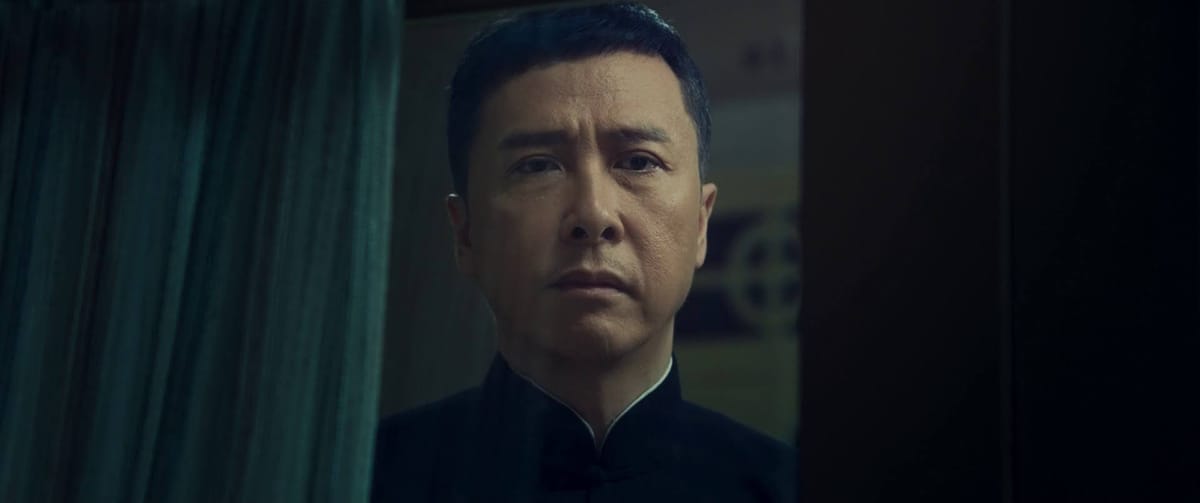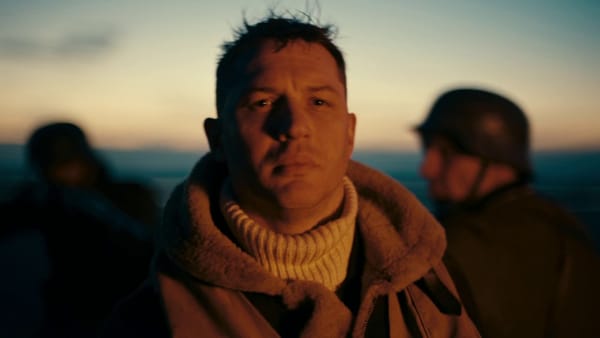The quiet ending of a thunderous life.

IP MAN 4: THE FINALE closes the saga not with escalation, but with a kind of weary wisdom. It moves the story to 1960s America, a place where Ip Man’s quiet dignity collides with louder forces: racism, bureaucracy, cultural gatekeeping, and a country that doesn’t know how to read a man who chooses stillness over spectacle. Wilson Yip turns the saga's final act into a meditation on legacy in exile — what it means to teach, to age, and to remain principled when the world keeps insisting that power must shout.
Donnie Yen’s Ip Man arrives in San Francisco not as a warrior seeking conflict but as a father searching for a future for his son. His demeanor is softer, his movements slower, but the moral clarity remains razor-sharp. The film ties his personal struggle to the larger story of Chinese-American identity, where martial arts become both a lifeline and a battleground. The contrast between Ip Man’s calm humility and the blustering arrogance of the institutions around him gives the film its emotional charge.
Bruce Lee’s presence — respectful, charismatic, and never overshadowing — serves as the perfect narrative mirror. Danny Chan plays him not as a legend but as a young man who wants to break the rules for the right reasons. His insistence on teaching non-Chinese students becomes the film’s central ideological conflict. Through Lee, the series explores how tradition must evolve or risk becoming hollow. Ip Man, always the quiet center of gravity, must decide whether legacy is defined by preservation or openness.
The fights in IP MAN 4 are sharp, expressive, and deeply character-driven. The dojo clash against karate practitioners is a nod to the first film’s brutality but reframed through a new lens — this time, the violence is rooted in prejudice and territorialism rather than occupation. And the final showdown with Scott Adkins’ Barton Geddes is pure thematic punctuation: American militarism and ego versus Chinese discipline and restraint. It’s not about who hits harder; it’s about what each man fights for.
What makes the finale resonate is its emotional humility. Ip Man is dying, his body failing even as his principles remain unshaken. The trilogy ends not with the triumph of the fist, but with the passing of knowledge — a father giving his son a path he can choose or reject, a teacher accepting that legacy is something others decide.
IP MAN 4 closes the saga with grace: a story about a man who never needed to prove he was great, only that his way of moving through the world mattered.
It’s a fitting end to one of the great martial arts film franchises — an ending that is tender, resolute, and quietly profound.




